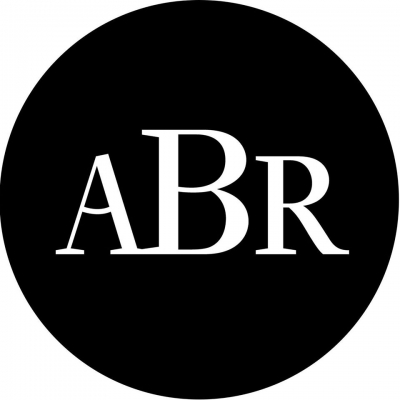Archive
Fremantle’s first real newspaper, The Herald, saw the light of day in a building on the corner of Cliff and High Streets on Saturday, 2 February 1867. The brainchild of two ex-convicts, James Pearce and William Beresford, it soon became the main voice of opposition to colonial autocracy, as well as the voice of Fremantle itself.
... (read more)Unintelligent Design: Why God isn’t as smart as she thinks she is by Robyn Williams
Everything happens fast and then goes –
the new movie you were waiting for
that you’ve suddenly just seen, the tunnel
under the harbour that seemed to take forever
now built and grooved by a million trips.
In winter fruit trees bud, shops
are full of summer clothes; only this
mind is slow, still stalling on the same
questions, never getting it, left behind
by life as by some wild-eyed nag
storming down the street, her hoofprints
pasted in the grass.
Welcome to the feast, piccolo pasero,
A feast that never ends, of loyalty and treachery.
Two are sold for a farthing, little sparrow
Hold the hearts close to your heart:
they’ll feed each other blooms of colour
and the nudity of shapes
until you are bursting
The Partnership: The inside story of the US–Australian Alliance under Bush and Howard by Greg Sheridan
By the Balls: Memoir of a football tragic by Les Murray
Stickers on a rotten apple
Dear Editor,
In his review of Angela Bennie’s anthology of hostile Australian reviews, Peter Rose is correct when he surmises that ‘we tend to exaggerate the number of severe reviews’ (September 2006). I think that, generally, Australians do not like disagreement; they prefer to ‘keep the peace’, and this is mostly true of our critics also.
The really troubling aspect of Crême de la Phlegm: Unforgettable Australian Reviews (apart from the clear assumption of its subtitle that it is only adverse reviews which are ‘unforgettable’) was a comment in Bennie’s introductory essay. At least on my reading, she appeared to generalise that our critics are ‘philistines’. Many maybe, but I’d rather not call them critics.
... (read more)









